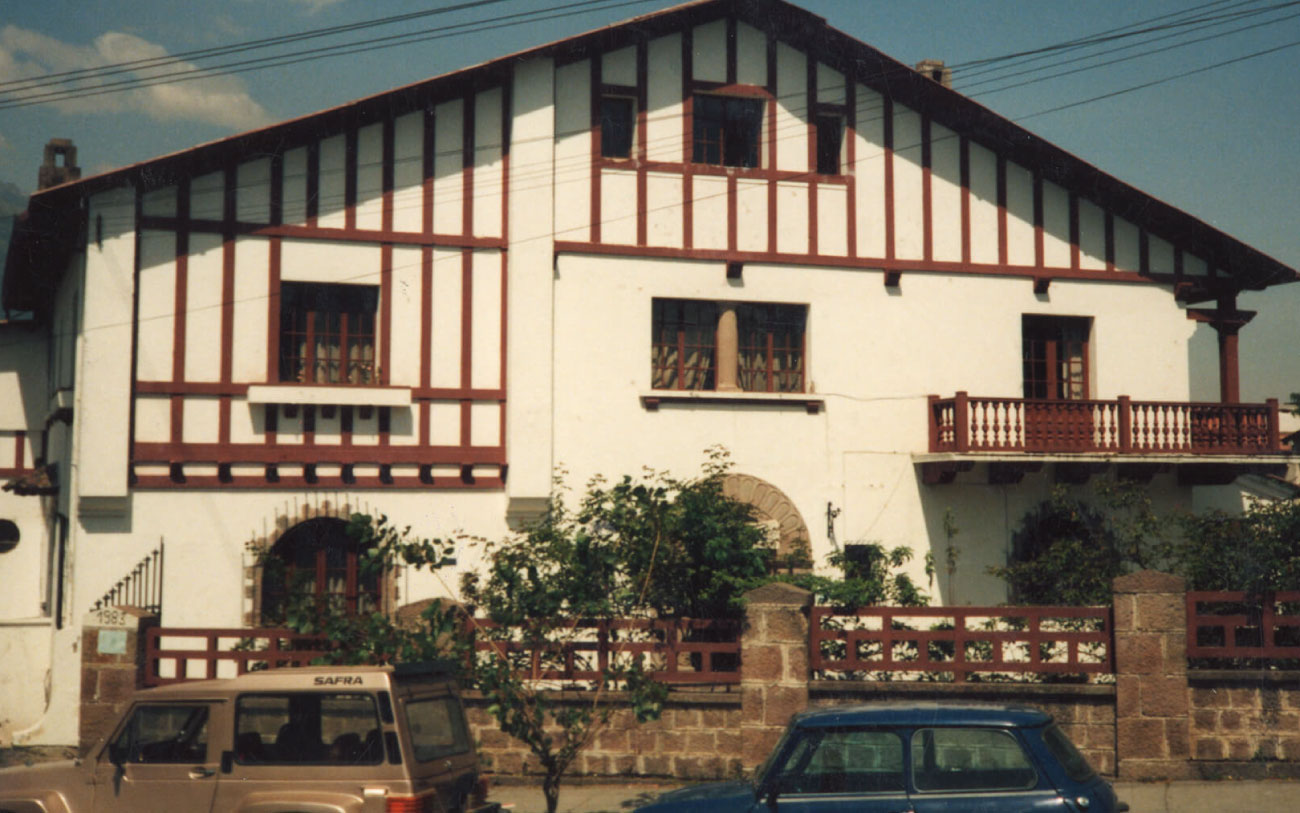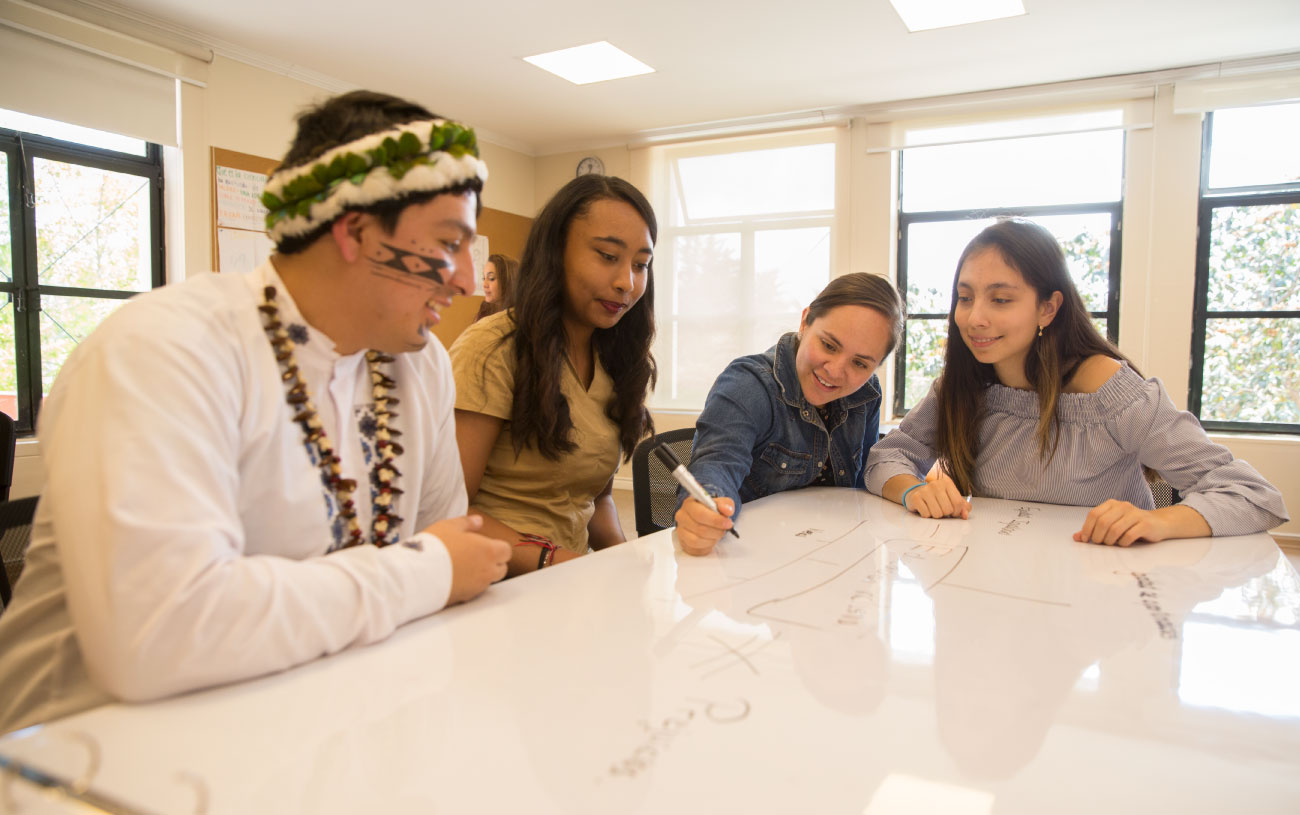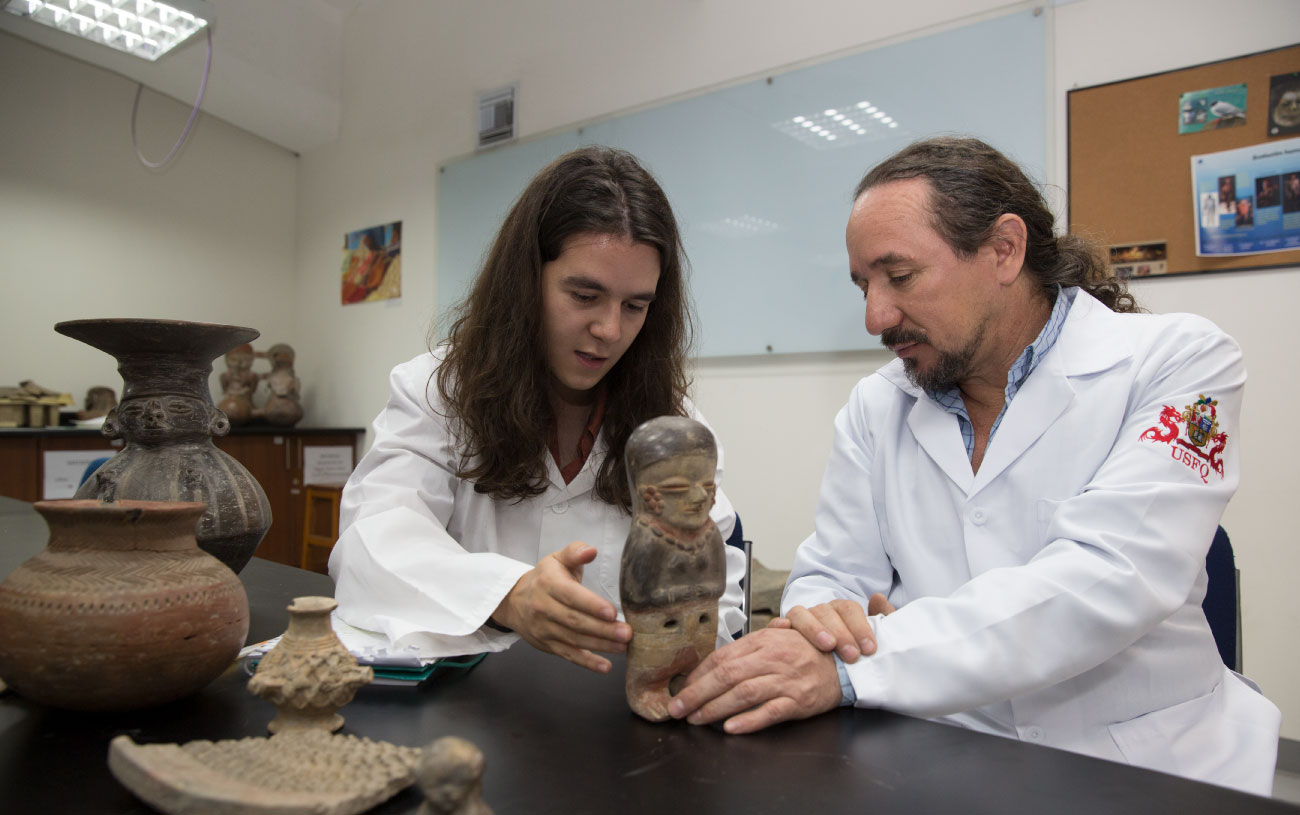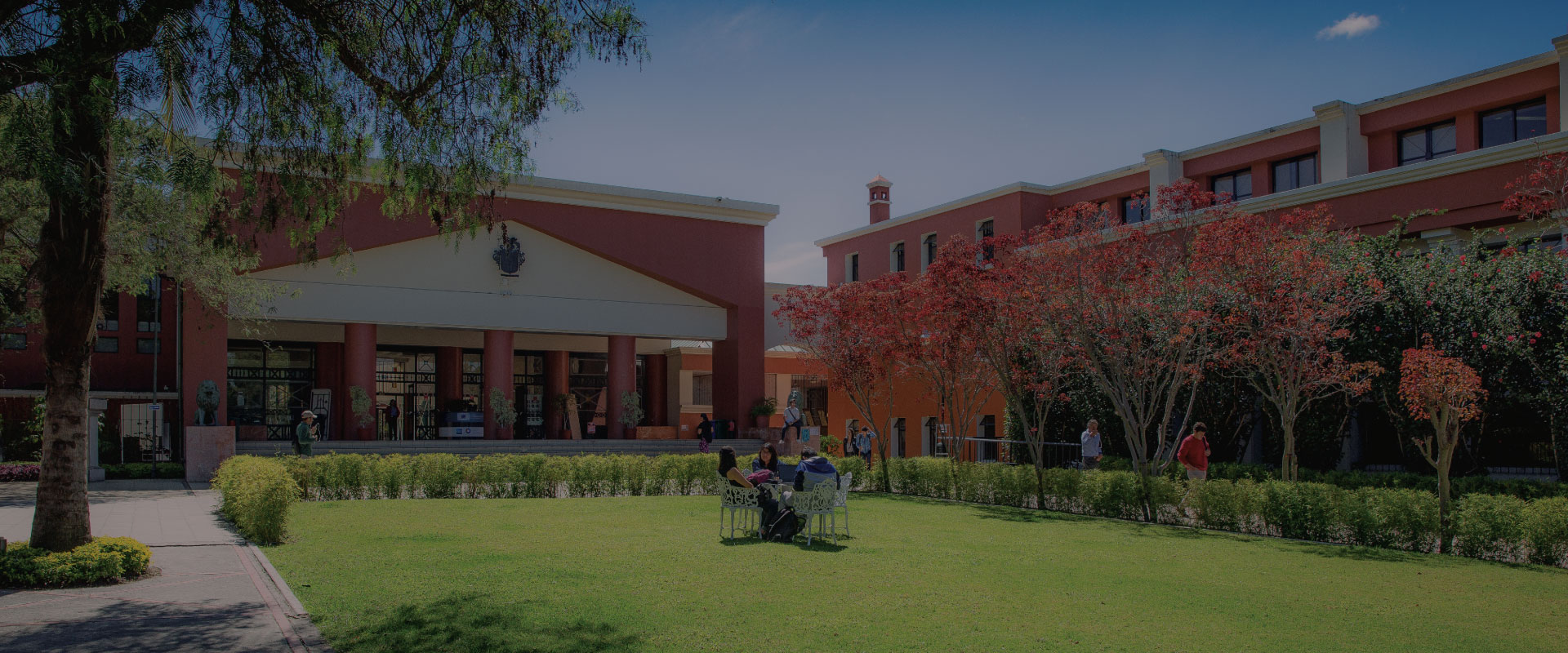
The history of USFQ
Universidad San Francisco de Quito USFQ is a liberal arts, private non-profit university located in Quito, Ecuador. USFQ is the first totally private self-financed university in Ecuador and the only liberal arts institution in South America. USFQ is ranked as Ecuador’s No 1 university both in Quaquarelli Simmons and Times Higher Education and is heavily focused on the development of research and industry relationships.
USFQ has approximately 8,000 students, most of whom are undergraduates in 52 majors including law, medicine, and engineering. The university is focused on the internationalization of students and teachers, promoting student mobility, community outreach and international collaboration in research. To date, the University holds 200 bilateral agreements with universities worldwide, and manages various international cooperation networks, including the Global Liberal Arts Alliance, Association of Pacific Rim Universities, and Hemispheric University Consortium. USFQ is the only university in the world with a campus in the Galapagos Islands, research stations in the cloud forest (Tandayapa Research Station), and in the Yasuni Biosphere Reserve (Tiputini Biodiversity Station), one of Earth’s most biodiverse areas.
Approximately 10% of USFQ undergraduate students are from indigenous, Afro-Ecuadorian and Montubio ethnic groups under the Ethnic Diversity Program (PDE) that seeks to promote educational attainment in traditionally underrepresented populations of Ecuador.
The PDE program has been extremely successful: 30% of the students are on the honor roll each semester, with a dropout rate 1%, and with some graduates already holding Ph.D, degrees from universities in the US and Europe.

USFQ
Mission
USFQ’s mission is to foster the development of creative, free, innovative, and enterprising young men and women based on liberal arts philosophy.
USFQ
Liberal Arts
Liberal arts students are required to concentrate on a major field of study only after completing a broad general studies curriculum. The curriculum includes humanities and arts, philosophy, social sciences, mathematics, natural sciences, foreign languages, and business administration. USFQ promotes the view of learning as a lifelong adventure, rather than simply vocational training.




